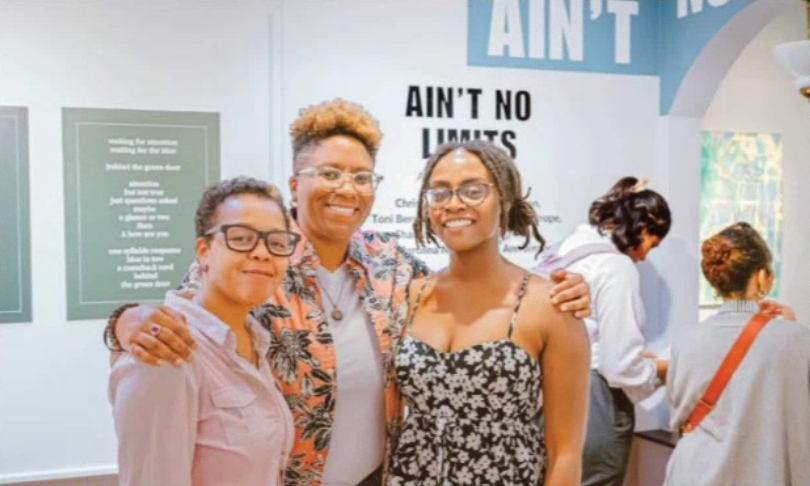 KINGSTON, Jamaica (AP) — Governments in the Caribbean, where dependence on imported food has ballooned in recent decades, are calling on citizens to tend to backyard vegetable plots and buy local produce to save money and stave off a possible food crisis.
KINGSTON, Jamaica (AP) — Governments in the Caribbean, where dependence on imported food has ballooned in recent decades, are calling on citizens to tend to backyard vegetable plots and buy local produce to save money and stave off a possible food crisis.
Statistics from Jamaica's consumer affairs commission show the cost of many staples has at least doubled in the past six years. In February, a pound of rice cost the equivalent of 51 cents, up from about 20 cents in January 2005. The price of a pound of dried salted fish went from about $1.60 in early 2005 to about $3.70 earlier this year.
Even in Caribbean countries with a strong tradition of agriculture, like Jamaica, most impoverished people buy their food and are threatened by the rising cost.
Caribbean leaders “are very concerned and are seeking solutions as the electorate in many countries are on edge and agitated,” said Florita E. Kentish, a Barbados-based coordinator for the U.N.'s Food and Agriculture Organization.
Global food prices have jumped by more than 43 percent since last June, according to the World Bank, due to surging oil prices, bad weather and export restrictions by food-producing countries. Many experts project a rerun of the 2007-2008 food crisis, when high prices led to violence and political tensions in some parts of the world.
The problem is aggravated in the 27 countries and territories of the Caribbean because of high import taxes on the $4 billion in food brought in each year. Caribbean tastes have been turning toward wheat and other grains from abroad, rather than abundant local crops such as yams, cassava, sweet and hot peppers, tomatoes, cucumbers, carrots and pumpkin.
In Antigua and Barbuda, a country of 87,000 inhabitants, the government has distributed 100,000 vegetable and fruit seedlings to a small army of backyard farmers.
Grenadian Agriculture Minister Michael Lett said his government wants “to get people back to the land so we can at least feed ourselves.”
Roughly 32 percent of the island's 108,000 residents live below the poverty line and the 2007 food crisis shook the country.
Nobody expects backyard gardens to solve the Caribbean's food problems but officials hope more islanders will take control of what they eat.












No Comment